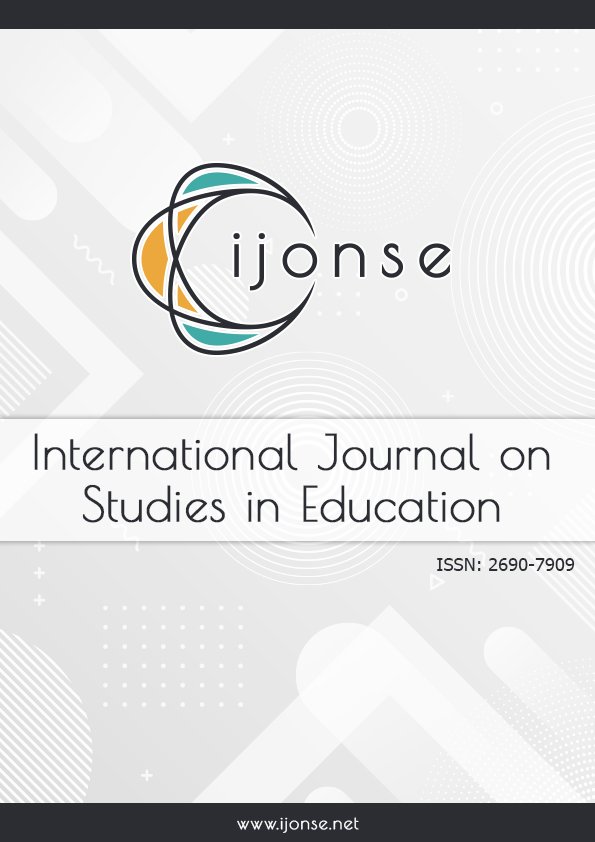Access to Students and Parents and Levels of Preparedness of Educators during the COVID-19 Emergency Transition to e-Learning
DOI:
https://doi.org/10.46328/ijonse.35Keywords:
e-learning, COVID-19, Remote teaching, Challenges, Preparedness, AccessAbstract
In response to the COVID-19 school closures and the emergency transition to eLearning, faculty at Chicago State University organized a series of nine professional development webinars centered on the subject of eLearning. 3,428 educators attended the nine webinars. This study consisted of an exploratory research reporting on the participants’ answers to the polls questions administered during the webinars, in an attempt to identify levels of preparedness of educators during the COVID-19 Emergency Transition to eLearning and their access to students and parents. The study revealed low levels of preparedness in relation to teaching remotely in general, teaching students with disabilities in particular, and using technology tools. The study also revealed challenges of educators reaching students and parents. The study concludes with a number of recommendations to address these identified challenges.References
ElSaheli-Elhage, R. (2021). Access to students and parents and levels of preparedness of educators during the COVID-19 emergency transition to e-learning. International Journal on Studies in Education (IJonSE), 3(2), 61-69.
Downloads
Published
Issue
Section
License
Articles may be used for research, teaching, and private study purposes. Authors alone are responsible for the contents of their articles. The journal owns the copyright of the articles. The publisher shall not be liable for any loss, actions, claims, proceedings, demand, or costs or damages whatsoever or howsoever caused arising directly or indirectly in connection with or arising out of the use of the research material.
The author(s) of a manuscript agree that if the manuscript is accepted for publication in the International Journal on Studies in Education (IJonSE), the published article will be copyrighted using a Creative Commons “Attribution 4.0 International” license. This license allows others to freely copy, distribute, and display the copyrighted work, and derivative works based upon it, under certain specified conditions.
Authors are responsible for obtaining written permission to include any images or artwork for which they do not hold copyright in their articles, or to adapt any such images or artwork for inclusion in their articles. The copyright holder must be made explicitly aware that the image(s) or artwork will be made freely available online as part of the article under a Creative Commons “Attribution 4.0 International” license.

This work is licensed under a Creative Commons Attribution-NonCommercial-ShareAlike 4.0 International License.





